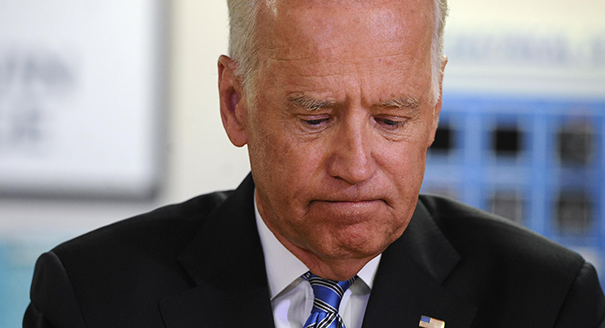Fourteen states ask the Supreme Court to allow them to defend the immigrant self-sufficiency rule.
The self-sufficiency rule is very simple. Anyone who comes to this country must be able to prove that they can support themselves and not be a burden to the state and federal government.
In other words, they cannot expect to come here and have Americans provide them with everything they need to live.
This is a problem for the states especially when it comes to [programs with a finite amount of money to spend such as HUD grants for low-wage earners. There are only so many grants to go around so every time an illegal alien or a legal immigrant is given a grant, one American that qualifies does not get theirs.
States such as Texas where Biden is dumping huge numbers of illegals in an effort to turn those states blue are burdened by the poor granted entrance to this country.
The fourteen states who are asking SCOTUS for relief include Alabama, Arizona, Arkansas, Indiana, Kansas, Kentucky, Louisiana, Mississippi, Montana, Ohio, Oklahoma, South Carolina, Texas, and West Virginia.
Some public charge rules date back a hundred years before the United States was a country.
Immigration was never meant to be a welfare program and the United States used to require that you have a sponsor who agrees to cover the costs if the immigrants can’t.
The application states:
“In particular, the States have important interests in conserving their Medicaid and related social-welfare budgets. Providing for the healthcare needs of economically disadvantaged individuals represents a substantial portion of the States’ budgets. For example, in Texas in 2020, over 4 million Texans relied on Medicaid.”
On March 9, the U.S. Court of Appeals for the 7th Circuit lifted its stay of the U.S. District Court’s Nov. 2, 2020, decision vacating the public charge rule nationwide, a move that allowed the district court’s invalidation of the rule to take effect.
As a result of the ruling, on March 9, U.S. Citizenship and Immigration Services (USCIS) stopped enforcing the rule. Before that, on Feb. 2, President Joe Biden had indicated he was considering abandoning the rule. On that day, he issued Executive Order 14012, which directed government officials to review the rule.
On Feb. 22, the Supreme Court had agreed to hear the federal government’s appeal of a lower court decision against the rule in the case of U.S. Department of Homeland Security (DHS) v. New York, court file 20-449, which began when Donald Trump was president.










